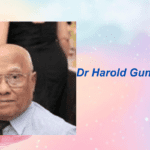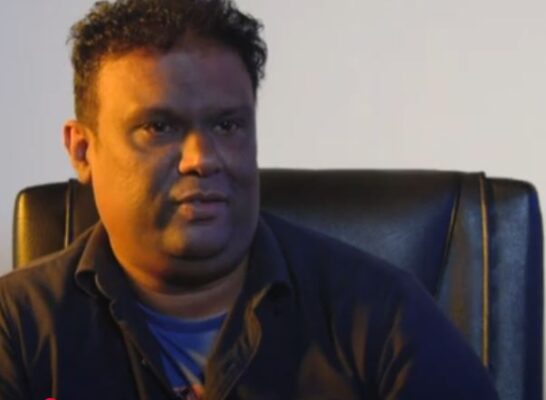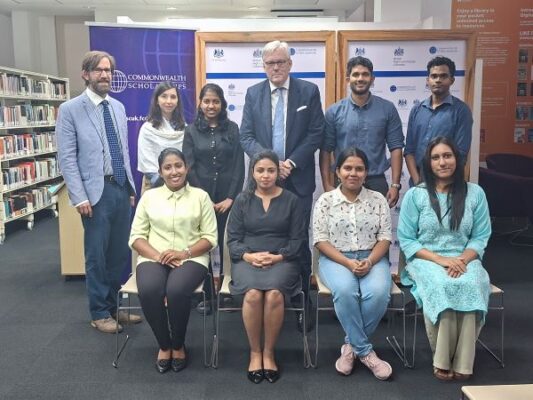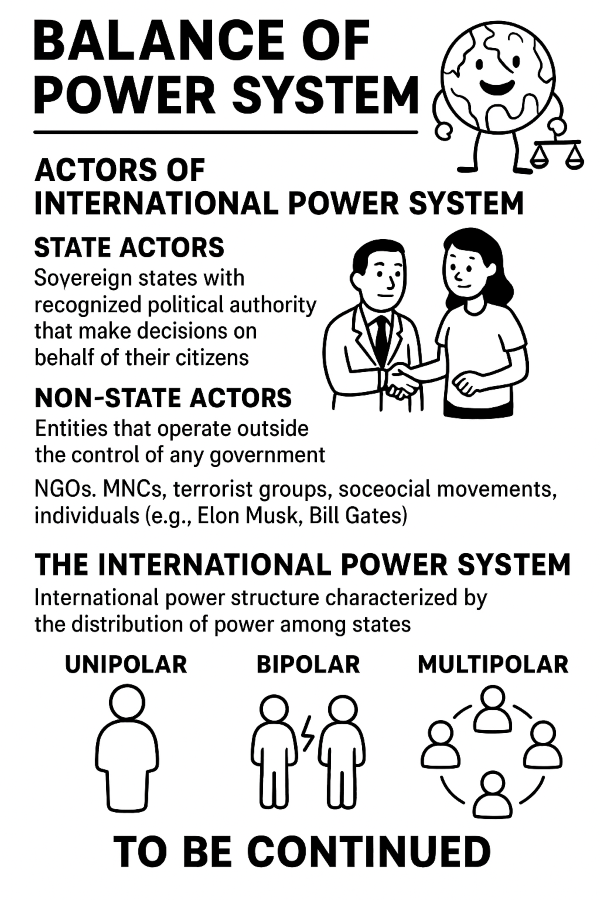The Politics of Politics. Has Dutton mis-read the audience? – By Aubrey Joachim

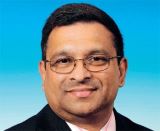 Politics refers to the activities relating to the governance of a country. The word also means the art of improving one’s status or standing.
Politics refers to the activities relating to the governance of a country. The word also means the art of improving one’s status or standing.
Over the last year nearly 70% of the global populace has been observing various political actors casting their spin on the political stage each proclaiming their credentials to be next at the helm of their respective countries. Landslides have been seen in the major western democracies such as Britain and the United Sates and even a small nation like Sri Lanka witnessed a historical political change in the country. In the world’s largest democracy – India, while the baton did not change hands a clear message was delivered to the ruling party.
It is now Australia’s and Australians turn to witness the performances of would be leaders casting their spell and spin on voters – a majority of whom have little in-depth understanding of the issues at stake or pay scant attention to such detail. Any listener to talk back radio will realise this depending on which shock-jock they choose to listen to.
Repeated slogans are dished out ad lib…. ‘cost of living’, ‘housing affordability’, ‘strong leadership’, ‘immigration and student numbers’, ‘Medicare’, ‘energy future’, ‘defence’ etc. While all important issues for the future of Australia, quality of life of the citizenry and the lives of future generations, a careful listen to the spin thrown out by both sides indicates very shallow arguments, and detailed analysis indicates that truth is often sacrificed. In some instances, logic is seriously flawed. In others the numbers do not stack up or are conveniently kicked down the road.
In the lead-up to the current last lap in Australia’s race to the post, the Presidential result in the US sent the Opposition into a frenzy which was translated into an almost de-facto victory. Trumpian slogans were being splashed around liberally and MAGA headgear would have been on the cards. Even a DOGE persona was created. Came ‘Liberation Day’ and soon the utopia fizzled out. Australians displeasure for American style politics and bullying was evident and soon an Australian Trump clone began to slide in the polls. Knee-jerk Musk type public service cuts were dropped like hot bricks and policy U-turns resulted. A point of no-return?
In a last desperate gasp, the alternative leader challenged the incumbent to castigate Trump on the tariffs imposed on Australian products and declared that Australia needed strong leadership at this point – reminiscent of a previous Liberal Prime Minister bragging about ‘shirt-fronting’ Putin. That was until in a recent TV debate it became clear that the alternate leader did not even know Trump and seemed to distance himself away from the US leader. It was like Peter denying knowledge of Jesus to the baying crowd!
Neither of the major contenders – if they could be called that, considering the emerging splintered political landscape and their dwindling primary vote – are addressing the major issues in a convincing manner. In today’s global economy, the cost of living is barely within the control of any government. It is influenced by several external uncontrollable factors. While the opposition lays blame on the current government, they are not offering credible solutions but merely throwing barbs. They are bereft of ideas themselves. Similarly, interest rates are largely dependent on global economic factors. On the energy front, while the nuclear option certainly must be explored a compelling costed business case has yet to see the light of day and given that its fruition is decades away it seems a mirage. Yet this is a topic that the opposition did not touch with a barge pole during its many years at the helm.
Meanwhile, there is a stark differentiation in the solution to the housing crisis offered by the two major parties. The government’s policy is essentially on the supply side – building more – and offers of financial assistance to buyers in the form of reduced down-payments while the opposition is focussing on the perceived demand side by reducing incoming student and migrant numbers who in their view is the pain point. Some tax relief on interest payments is also offered but the burden of the initial deposit remains. It seems obvious that if more dwellings are to be built more trained labour is needed fast and migrant labour is the solution. A political catch twenty-two.
While the so called heavy-weights are in the main fight, emerging undercards such as the TEALS are slowly but surely attracting a class of people who like to be seen as beyond petty politics. It is almost as if they are ascending Maslow’s hierarchy of needs and moving towards self-actualisation. An entirely new political philosophy seems to be spawning. Given the emergence of such new political views and the number of minor parties fracturing the established status quo it is likely that interesting alliances will shape the political discourse of Australia going forward.
At this point it would seem that Dutton is learning the politics of politics the hard way and the first lesson is to read the audience correctly. While chest pumping as the opposition leader he comes across as a limp leader. A novice.
What does that mean for the voting electorate and especially readers of this article? Careful consideration needs to be given to how the various promises will impact them given that the social demographic of the group has changed quite significantly from say a decade or two ago. Increasingly Sri Lankan Australian citizens are looking to get across brothers, sisters, nieces and nephews as students and migrants – a serious consideration. Whatever the individual preferences are in respect of the tangible aspects that impact lives and lifestyles it is hoped that a shift towards current American political characteristics is not supported. Each considered vote matters.
The author – former Global President of CIMA is an Australian of over 3 years. The opinions expressed are the writer’s own.

















